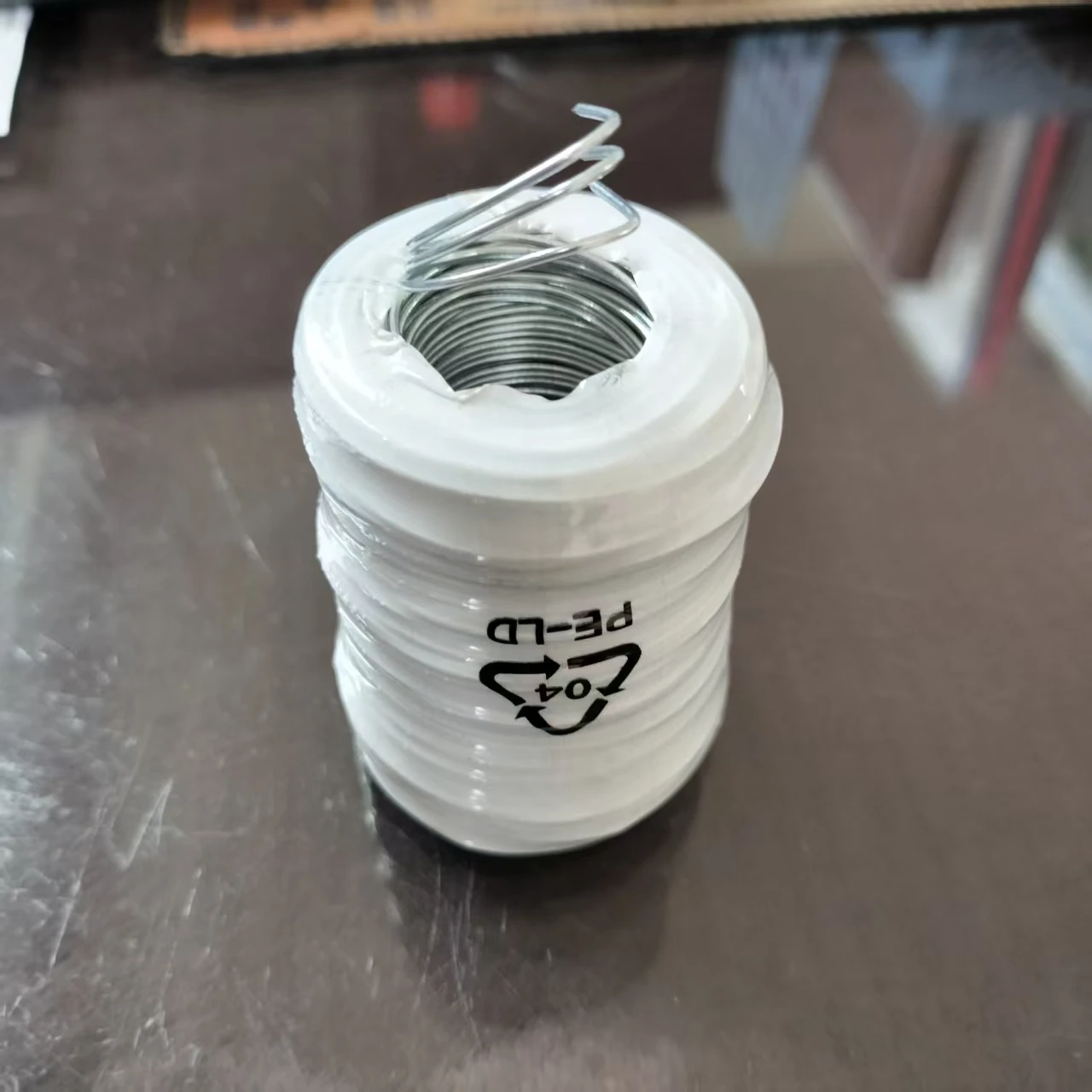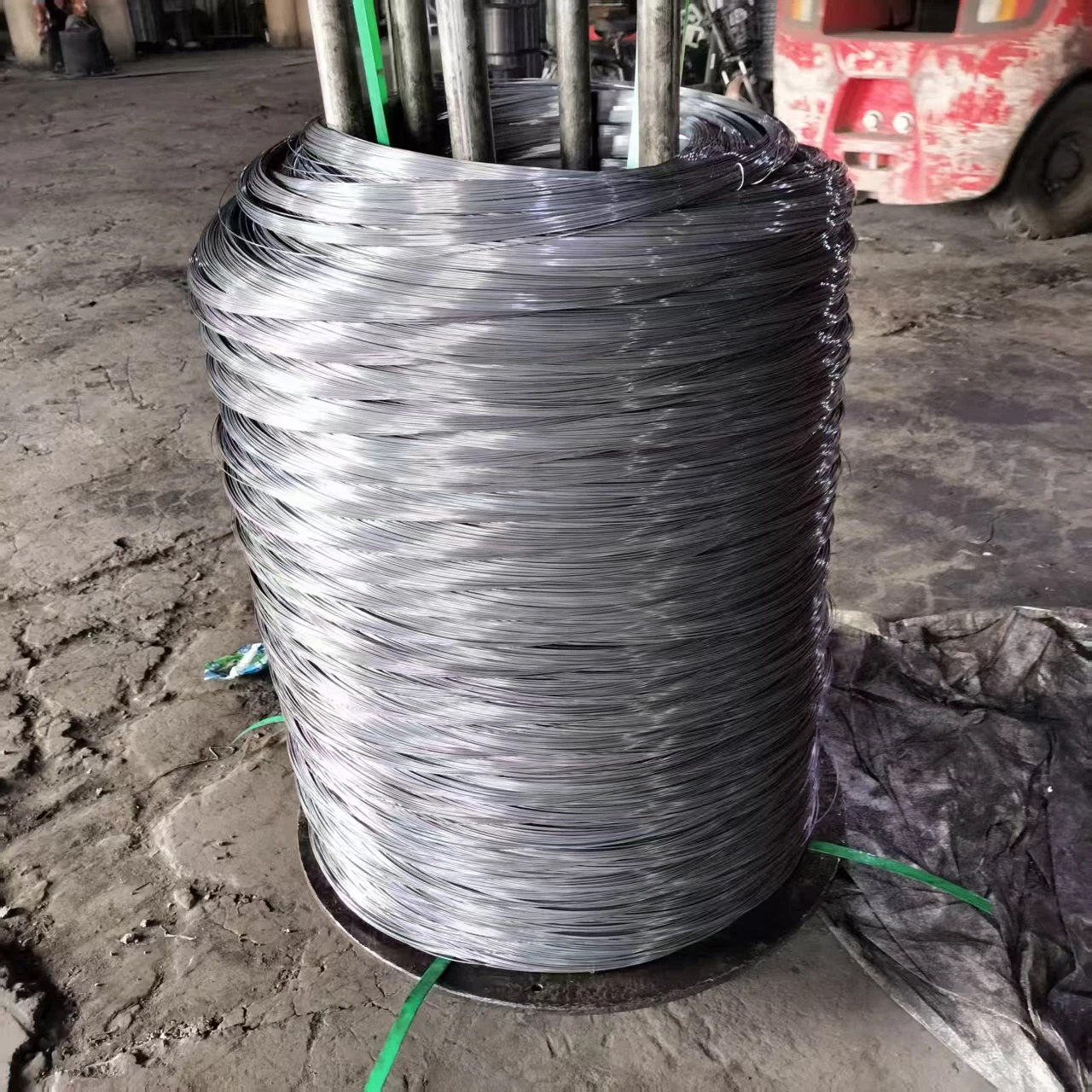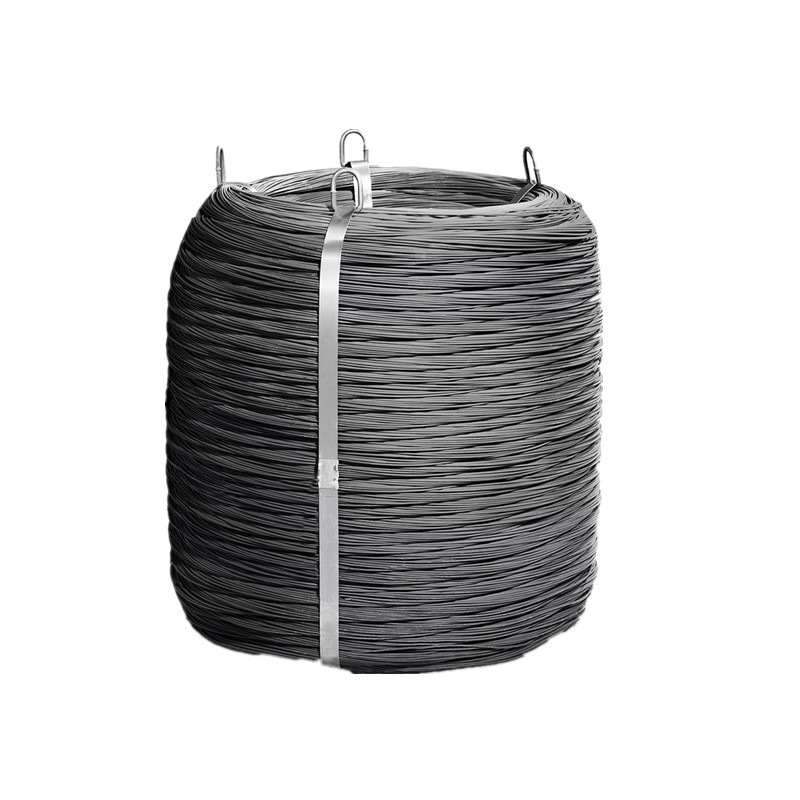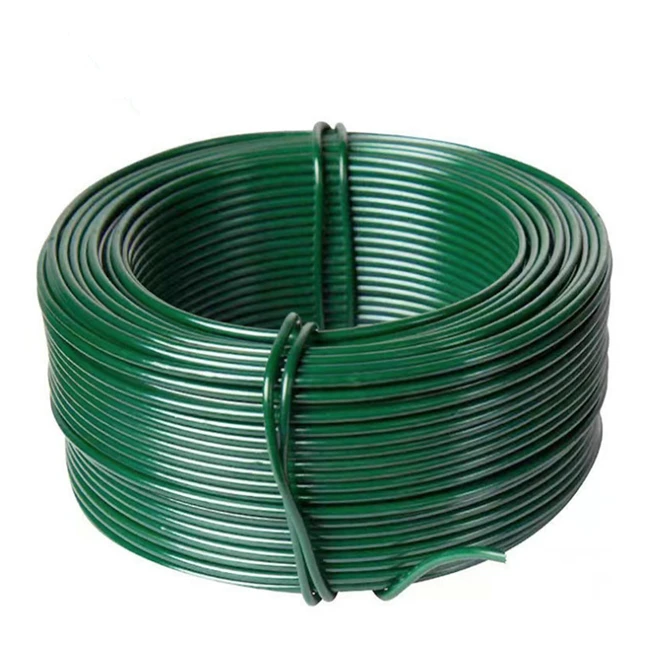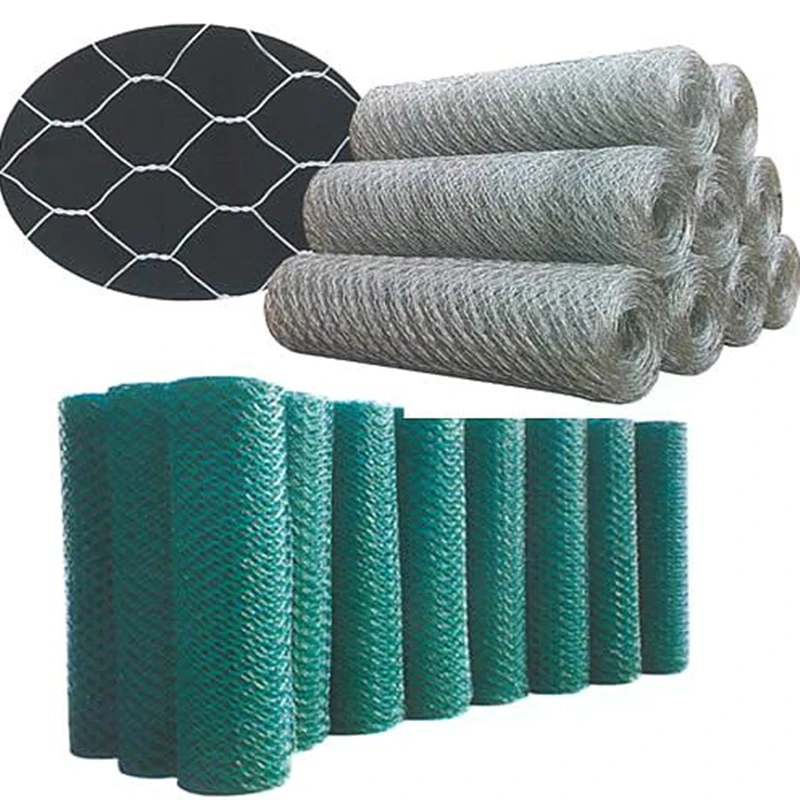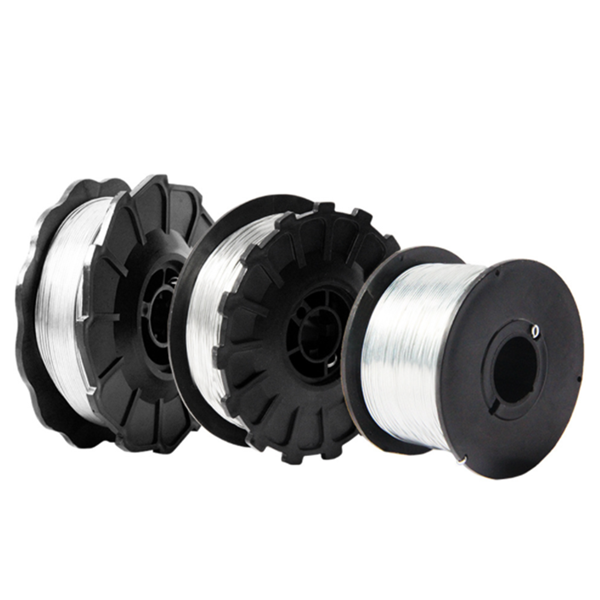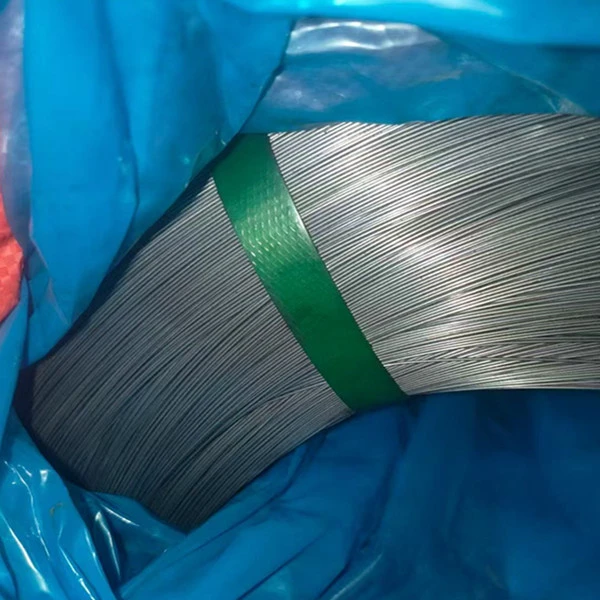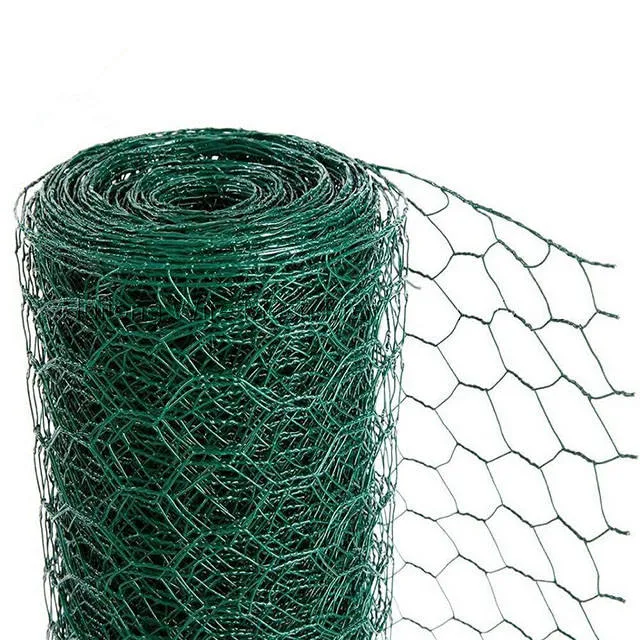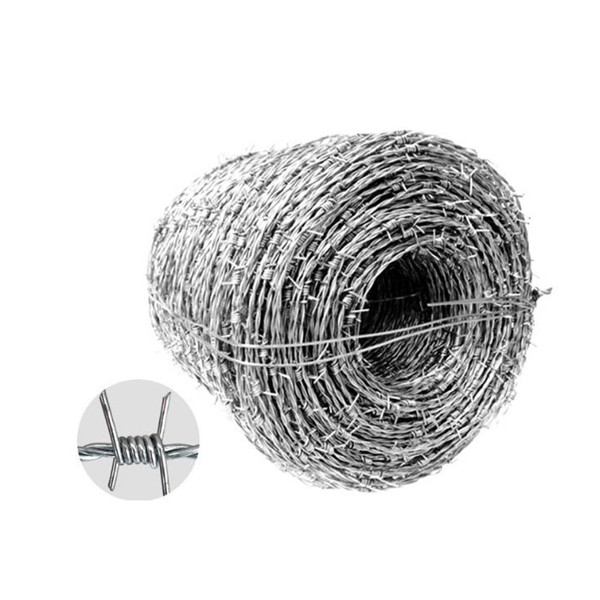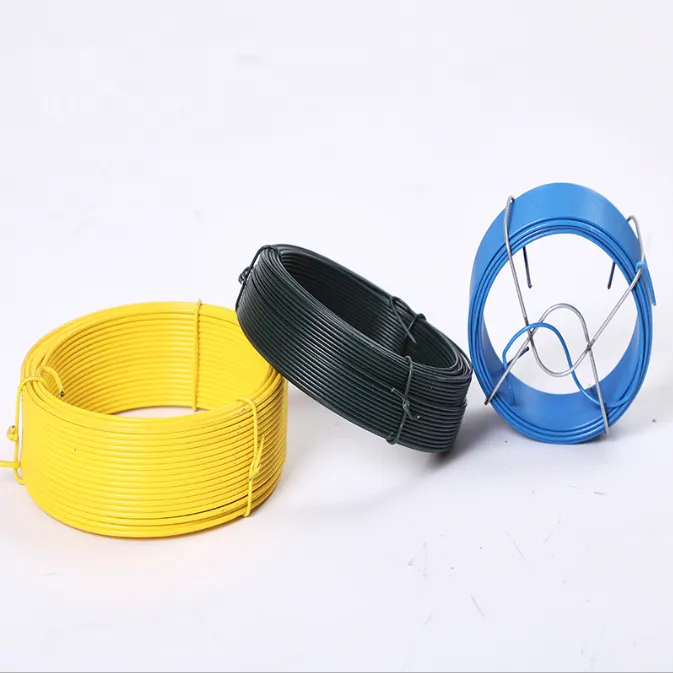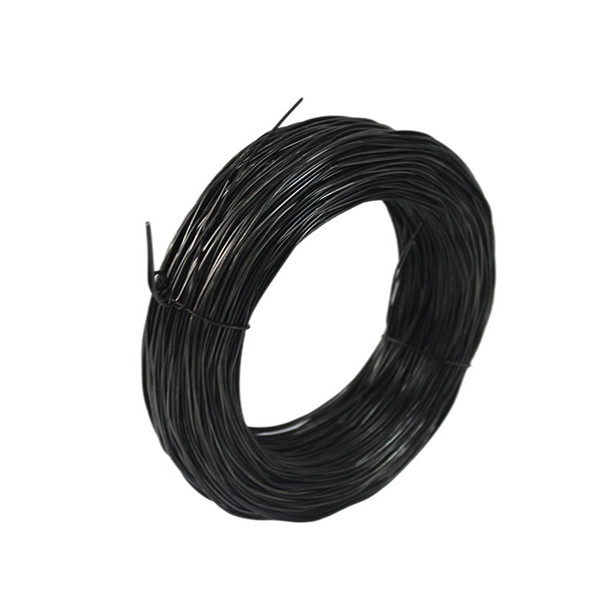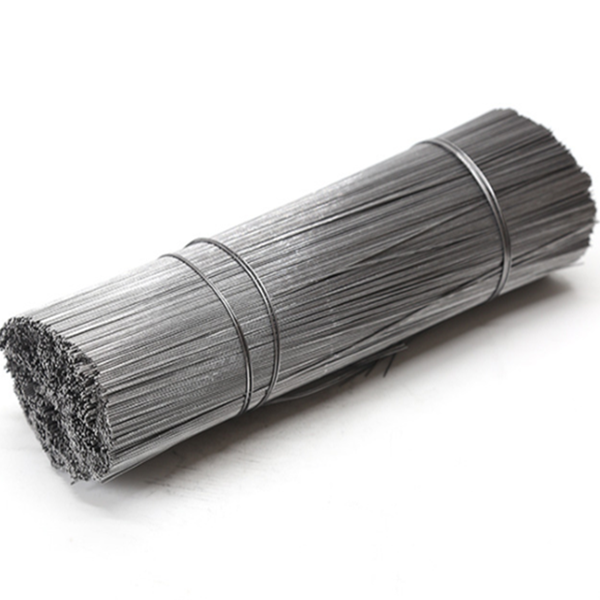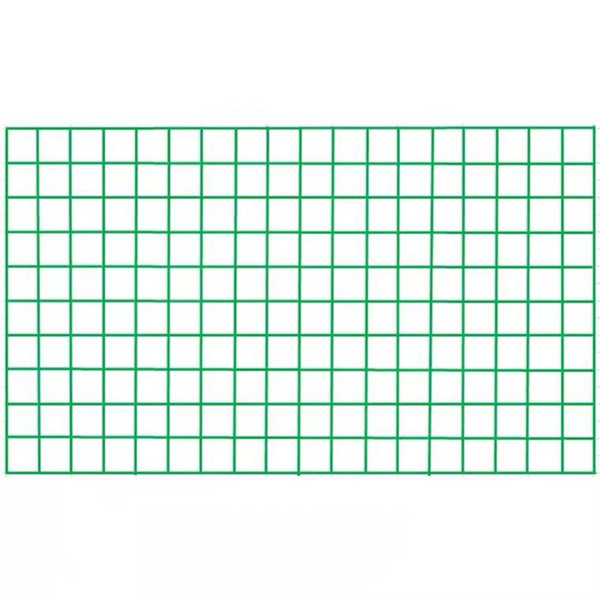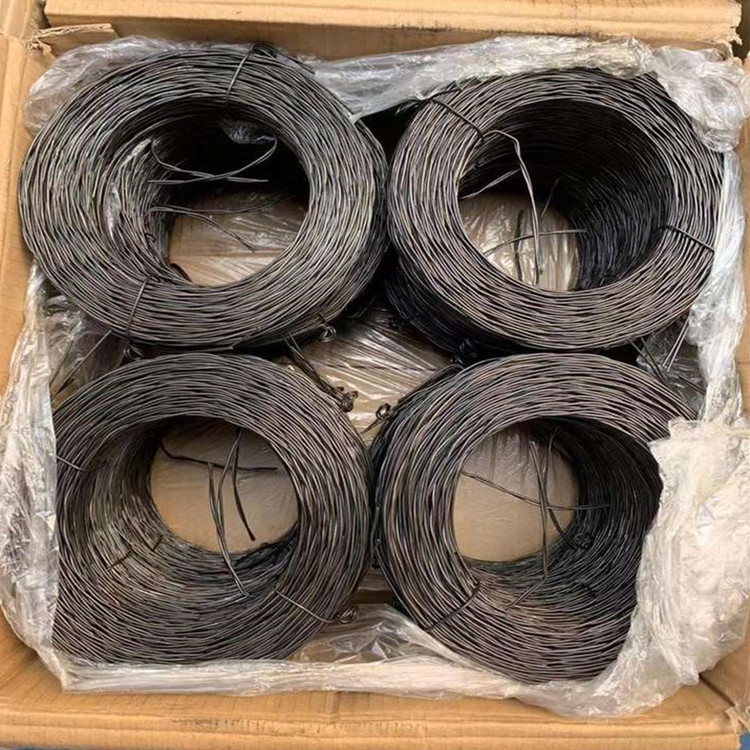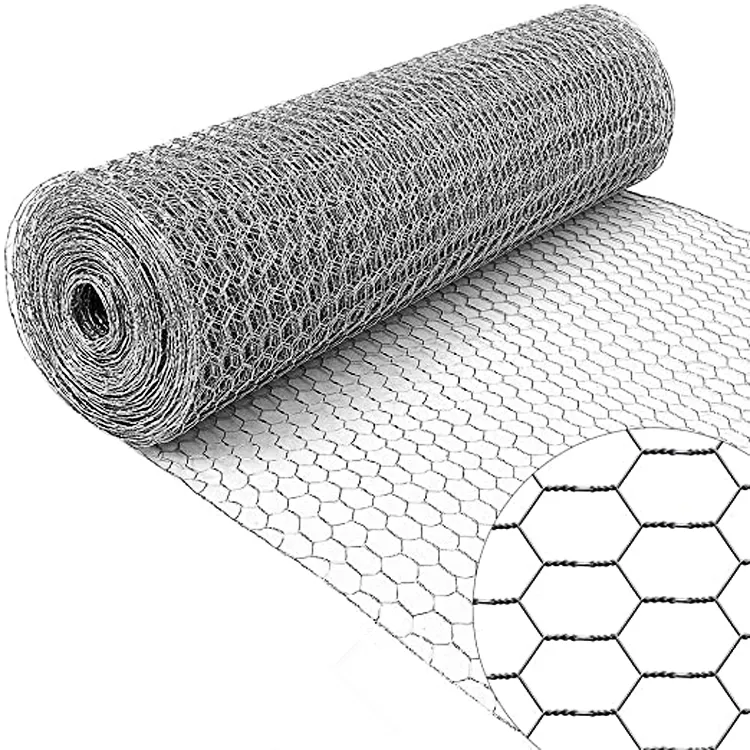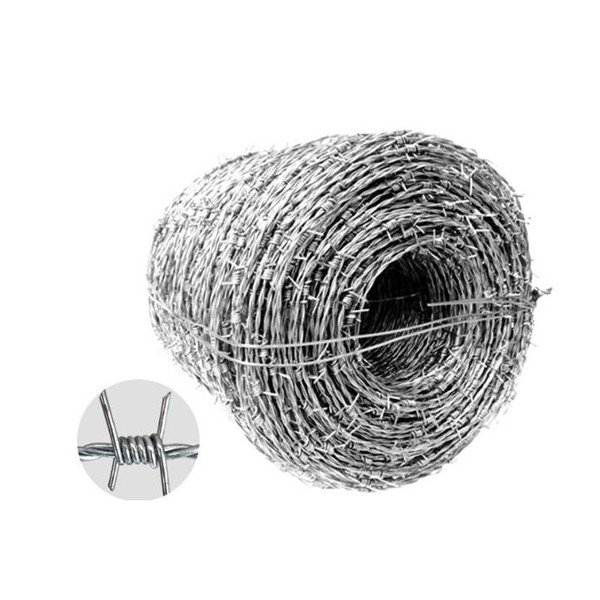The Imperative of Advanced Perimeter Security: Industry Trends in Razor Wire Solutions
In an era defined by evolving security threats, the demand for robust and impenetrable perimeter defense systems has surged across virtually all sectors. From critical infrastructure and military installations to commercial properties and residential complexes, organizations globally are investing in sophisticated solutions to safeguard assets, personnel, and information. A pivotal component in this high-stakes security landscape is the deployment of advanced fencing, particularly blade barbed wire. This specialized form of high-security fencing, also widely known as razor wire or concertina wire, offers unparalleled deterrent capabilities and physical impedance, far surpassing traditional barbed wire systems. The industry is currently experiencing significant trends, including a move towards more durable materials such as stainless steel razor wire for enhanced corrosion resistance, especially in harsh environmental conditions. Furthermore, there's an increased focus on integrating razor wire systems with other security technologies, such as electric fence with razor wire and advanced surveillance systems, to create multi-layered defense perimeters. The global market for perimeter security, driven by geopolitical instability, rising crime rates, and the protection of critical national infrastructure, continues to expand, projecting a Compound Annual Growth Rate (CAGR) of approximately 8.5% through 2028, underscoring the vital role of solutions like razor wire fence in contemporary security strategies. This growth is also fueled by advancements in manufacturing processes, leading to more cost-effective and efficient production of diverse razor wire coil and razor mesh configurations tailored for specific security needs, ranging from anti-theft net applications to high-security correctional facilities, ensuring that perimeter security remains adaptive and effective against sophisticated threats.
Precision Engineering: Key Technical Parameters of Concertina Razor Wire Fence
The effectiveness of Concertina Wire Razor Wire Fence hinges on its meticulously engineered technical specifications, which dictate its physical properties, deterrent capabilities, and longevity. Central to its design is the selection of robust materials, typically high-tensile galvanized steel wire or stainless steel, offering superior resistance to corrosion and environmental degradation. The core wire diameter, a critical parameter, commonly ranges from 2.5mm to 3.0mm, ensuring the structural integrity of the concertina coil. The razor blades themselves are produced from cold-rolled steel strips, precisely punched into various profiles such as BTO-22, BTO-30, CBT-60, and CBT-65, each offering distinct levels of deterrence and injury risk. These razor barbed tape profiles are characterized by their blade length, width, and spacing, directly influencing their effectiveness in preventing unauthorized entry. For instance, the BTO-22 (Blade Type Obstacle-22) features a blade length of 22mm, while CBT-65 (Concertina Barbed Tape-65) boasts a formidable 65mm blade length, designed for maximum deterrence in high-security razor barbed wire fence applications.
Coil diameter is another pivotal specification, with standard options including 450mm, 600mm, 750mm, 900mm, and 1000mm, allowing for versatility in installation and security requirements. Larger coil diameters, such as the 900mm concertina wire, provide a wider and more formidable barrier. The number of loops per coil and the coil length, typically 10-15 meters per roll, determine the coverage area and density of the fence with razor wire. Galvanization, conforming to standards such as ISO 1461, ensures long-term corrosion protection, with zinc coating thickness often exceeding 200g/m², extending the wire concertina's lifespan significantly. Stainless steel razor wire, particularly grades 304 and 316, offers superior anti-corrosion properties for highly corrosive environments like coastal areas or industrial zones, albeit at a higher cost. Understanding these technical parameters is crucial for specifying the appropriate razor wire roll for diverse security needs, ensuring optimal performance and durability.
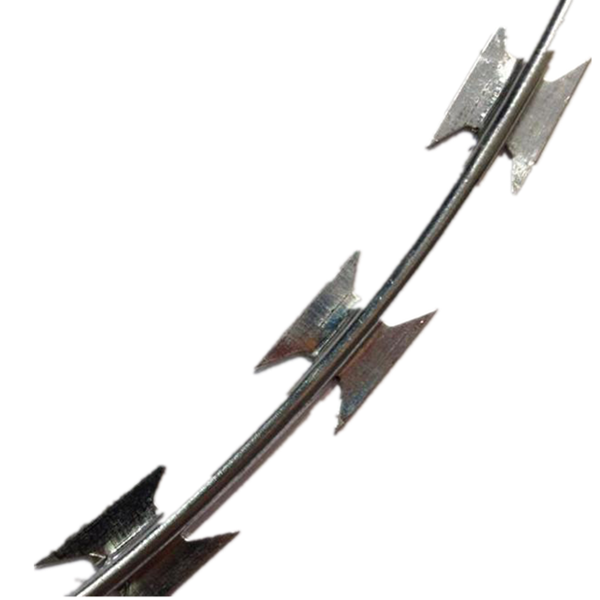
Key Technical Specifications of Blade Barbed Wire
| Parameter | Description | Typical Range/Value | Relevant Standard |
|---|---|---|---|
| Material | High-tensile steel, galvanized or stainless steel (304, 316) | Galvanized steel (Q195, Q235), SS304, SS316 | ASTM A641/A641M, ASTM A760/A760M |
| Core Wire Diameter | Gauge of the high-tensile wire within the coil | 2.5 mm - 3.0 mm | EN 10223-4 |
| Blade Type/Profile | Shape and size of the razor blades | BTO-22, BTO-30, CBT-60, CBT-65 | Manufacturer Specific |
| Coil Diameter | Diameter of the coiled razor wire | 450mm, 600mm, 750mm, 900mm, 1000mm | ISO 9001 (Quality Control) |
| Number of Loops/Coil | Density of the coils for effective barrier | 33, 56, 61, 74, 98 loops (standard) | Internal Quality Checks |
| Coil Length (Expanded) | Effective length of the coil when deployed | 8 - 15 meters per coil | Installation Guidelines |
| Surface Treatment | Protective coating for corrosion resistance | Electro-galvanized, Hot-dip galvanized, PVC coated | ISO 1461 (Hot-dip galvanizing), ASTM A123 |
| Tensile Strength | Resistance to breaking under tension | Min. 1400 MPa for core wire | ASTM A641/A641M |
Crafting Security: The Detailed Manufacturing Process of Blade Barbed Wire
The production of high-quality Concertina Wire Razor Wire Fence, often referred to simply as blade barbed wire, is a multi-stage, precision-driven manufacturing process designed to ensure maximum security performance and longevity. It begins with the careful selection of raw materials, primarily high-carbon steel wire rods and cold-rolled steel strips. For galvanized versions, these materials must meet stringent quality standards for composition and mechanical properties, typically conforming to ASTM A641/A641M for steel wire. The initial phase involves drawing the steel wire rods into the specified core wire diameter, followed by annealing to optimize its tensile strength and ductility. Concurrently, the steel strips undergo a precise punching process on specialized machinery, where razor-sharp blades of various profiles (e.g., BTO-22, CBT-65) are meticulously cut and formed. This step is critical, requiring advanced tooling and strict quality control to ensure uniform blade sharpness and consistent dimensions, which are paramount for effective deterrence.
Following the blade punching, the continuous strip of razor barbed tape is then crimped onto the high-tensile core wire. This lacing process is often automated, ensuring a tight and secure attachment of the blades to the wire, preventing slippage or detachment even under stress. The combined wire and blade assembly is then fed into a specialized coiling machine, which forms the distinct spiral or concertina coil configuration. Depending on the desired security level and application, coils can be single coil razor wire or cross-type, where adjacent loops are clipped together at multiple points, enhancing rigidity and forming a denser, more formidable barrier known as concertina fence. Post-coiling, the entire assembly undergoes surface treatment. For galvanized razor wire, hot-dip galvanization is preferred, providing a thick, durable zinc coating that adheres to ISO 1461 standards, offering superior corrosion resistance and extending the product's lifespan in harsh environments, including petrochemical and marine sectors where anti-corrosion is vital. Stainless steel variants, by their nature, do not require this galvanization but are subjected to rigorous passivation processes. The final stages involve meticulous inspection for quality, blade integrity, coil consistency, and packaging, ensuring that each razor barbed wire fence product meets both international standards (like ISO 9001 for quality management) and specific client requirements, ensuring its efficacy in preventing intrusions and protecting assets across diverse sectors, including those requiring robust water and wastewater treatment plant security or energy grid protection.
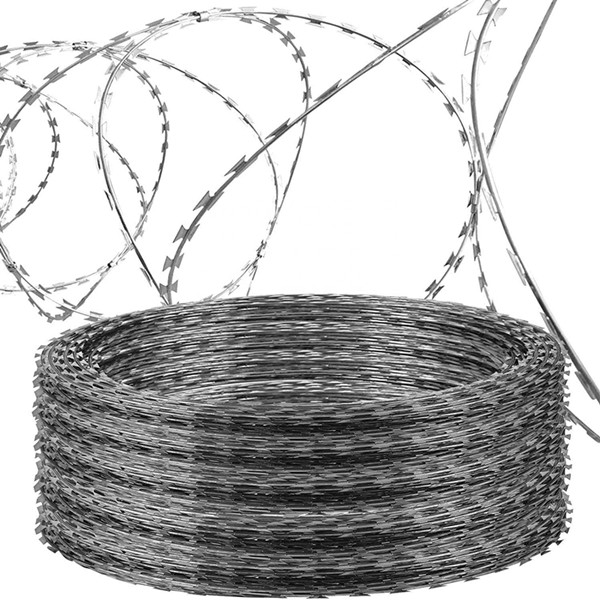
Versatile Applications & Unmatched Advantages of Razor Wire Systems
The widespread adoption of Concertina Wire Razor Wire Fence across diverse industries is a testament to its exceptional versatility and a suite of technical advantages that make it a superior perimeter security solution. Its primary function is to create a formidable physical and psychological barrier, deterring unauthorized access and significantly increasing the time and effort required for intrusion. Unlike conventional barbed wire and razor wire, the sharp, continuous blades of the blade barbed wire inflict significant injury upon contact, making scaling virtually impossible without specialized equipment and incurring severe risk, thereby serving as a powerful deterrent. This makes it ideal for securing high-risk environments such as military bases, correctional facilities, government buildings, and critical infrastructure like power plants, oil refineries (petrochemical), and water treatment facilities (give-drainage systems). Its efficacy is not limited to high-security zones; it is increasingly used in commercial and industrial sites, including warehouses, factories, and agricultural properties, to protect valuable assets from theft and vandalism.
Beyond its formidable physical properties, the advantages extend to cost-effectiveness and durability. Manufactured from high-tensile galvanized steel or stainless steel, razor wire exhibits remarkable resistance to corrosion, rust, and harsh weather conditions, ensuring a long service life with minimal maintenance. This longevity translates to significant long-term cost savings compared to less durable alternatives. Its concertina coil design allows for relatively rapid deployment and installation, whether atop existing fences (razor wire on top of fence), integrated into new fence constructions (razor wire mesh fence), or as a standalone barrier. The option for different coil diameters and blade types (e.g., diamond razor wire, diamond razor mesh fence) provides flexibility in tailoring security levels to specific threat assessments. Furthermore, flat razor wire fence and welded razor mesh offer aesthetic benefits while maintaining high security. In specific applications such as preventing energy loss or ensuring operational continuity, its robust anti-climb features can indirectly contribute to energy efficiency by safeguarding critical equipment. For example, in metallurgy or energy infrastructure, securing facilities with high-quality razor wire prevents theft or sabotage that could lead to significant operational disruptions and energy waste. Its low environmental impact due to minimal maintenance and long lifespan, combined with its high deterrence factor, positions it as an economically sound and effective choice for a comprehensive security strategy across various sectors.

Tailored Security: Customization Solutions and Application Case Studies
Recognizing that no two security challenges are identical, Lanye Wire Mesh offers comprehensive customization solutions for Concertina Wire Razor Wire Fence to meet the precise demands of various projects and threat environments. Our expertise in manufacturing allows for significant flexibility in product specifications, ensuring that clients receive a security solution perfectly aligned with their operational requirements and budgetary considerations. Customization options extend to the choice of core wire material, including hot-dip galvanized steel for standard applications or various grades of stainless steel (e.g., SS304, SS316) for superior corrosion resistance in marine, chemical, or high-humidity environments. Furthermore, clients can select specific blade profiles, such as BTO-22, BTO-30, CBT-60, or CBT-65, to achieve the desired level of aggression and deterrence, balancing security needs with site-specific regulations or aesthetic considerations. The coil diameter, ranging from smaller options suitable for discreet installations (e.g., razor wire home security) to large, imposing barriers for maximum security, can be specified, along with the number of loops per coil and the overall expanded length to optimize coverage.
Beyond these parameters, Lanye Wire Mesh facilitates bespoke configurations, including double razor wire installations for enhanced security layers, flat wrap razor wire for applications requiring a less intrusive profile, or even electric fence with razor wire systems for integrated electronic and physical deterrence. Our technical team works closely with clients to assess specific needs, providing guidance on optimal product selection and installation strategies to achieve the most effective security outcome. For instance, in a recent project for a high-security data center, we engineered a custom solution featuring a 900mm coil diameter blade barbed wire with CBT-65 blades, installed as a triple-strand barrier atop a 3-meter chain link fence razor wire system. This multi-layered approach provided a formidable anti-climb and anti-cut barrier, protecting sensitive information and critical IT infrastructure. Another case involved a large-scale agricultural enterprise combating persistent theft. We recommended a cost-effective yet highly deterrent concertina razor wire price solution using 600mm galvanized BTO-22 razor wire installed along the perimeter, significantly reducing intrusions and protecting livestock and equipment. These successful applications underscore our commitment to providing tailored, high-performance security solutions that directly address client vulnerabilities and enhance overall site integrity.
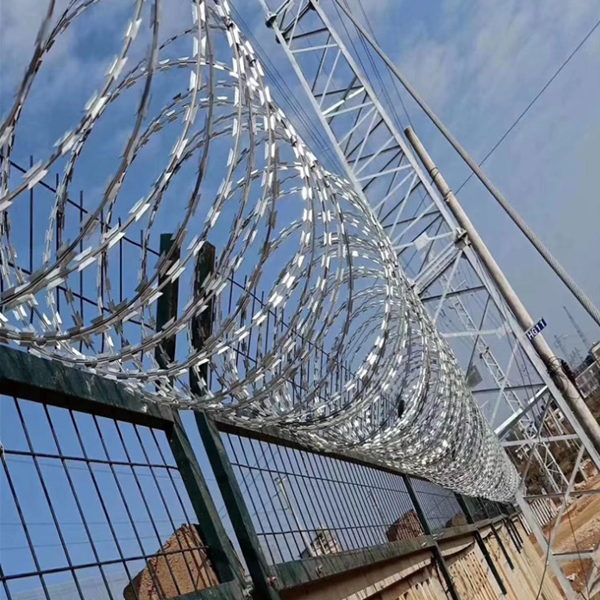
Ensuring Trust: Quality Assurance, Certifications, and Customer Support Excellence
At Lanye Wire Mesh, trustworthiness is fundamental to our operations, built upon a steadfast commitment to unparalleled quality assurance, adherence to international certifications, and comprehensive customer support. Our Concertina Wire Razor Wire Fence products are manufactured under strict ISO 9001:2015 certified quality management systems, ensuring that every stage of production, from raw material sourcing to final packaging, meets rigorous international standards. We perform extensive testing on material tensile strength, zinc coating thickness for galvanized products (in accordance with ISO 1461 and ASTM A123 standards), and blade sharpness and consistency to guarantee optimal performance and longevity for every razor wire coil. This meticulous attention to detail ensures that our barbed wire razor wire solutions, including specialized items like cbt 65 razor wire and diamond razor fence, consistently deliver the robust security expected by our global clientele in critical sectors such as metallurgy, petrochemical, and security services.
Our confidence in the durability and effectiveness of our blade barbed wire is reflected in our robust warranty policy and comprehensive after-sales support. We typically offer a multi-year warranty against manufacturing defects and premature corrosion, provided the products are installed and maintained according to industry best practices. Our delivery timelines are meticulously managed through efficient global logistics networks, ensuring prompt and reliable shipment to various destinations worldwide, irrespective of project scale or geographical location. We understand that timely delivery is crucial for project continuity, and our experienced logistics team works tirelessly to meet agreed-upon schedules, managing everything from bulk orders of builders razor wire to specialized razor wire mesh shipments. Furthermore, our dedicated customer support team is available to provide technical assistance, installation guidance, and resolve any inquiries post-purchase. From detailed product specifications to troubleshooting common challenges like installing razor wire, our experts are equipped to offer practical, experienced-based advice. We prioritize transparent communication and strive to build long-term partnerships with our clients, providing not just products, but complete security solutions backed by integrity, reliability, and a commitment to excellence. This holistic approach to client engagement ensures that choosing Lanye Wire Mesh means investing in both superior products and enduring peace of mind.
Frequently Asked Questions (FAQ) about Razor Wire and Security Fencing
This section addresses common inquiries regarding blade barbed wire, concertina wire, and related security fencing solutions to provide clarity and assist in informed decision-making for B2B procurement and technical teams.
Q1: What is the primary difference between traditional barbed wire and razor wire?
A1: The fundamental distinction lies in their design and deterrence capability. Traditional barbed wire uses pointed barbs twisted around strands of wire, primarily acting as a deterrent against casual trespass. Razor wire, specifically blade barbed wire, features sharp, knife-like blades stamped from steel sheets and crimped around a high-tensile core wire. These blades inflict significant injury upon contact, making it virtually impossible to traverse without specialized equipment, offering a far superior physical and psychological barrier suitable for high-security applications like military installations, prisons, and critical infrastructure. While barbed wire and razor wire can be used in conjunction, the latter provides a much higher level of security.
Q2: What are the common types of razor wire available, and which is best for my needs?
A2: Razor wire comes in several configurations, each designed for specific security requirements. Common types include: single coil razor wire (economical, less aggressive), cross-type concertina wire (loops clipped, denser barrier), flat wrap razor wire (less obtrusive, often against walls or existing fences), and welded razor mesh (rigid panel format for robust barriers or cages). The "best" type depends on the threat level, budget, aesthetic considerations, and existing perimeter structure. For high-security needs, cross-type concertina coil with CBT-65 blades on top of fence or as a standalone razor fence is often recommended. For areas requiring both security and a neater appearance, flat razor wire fence or razor mesh could be suitable. Consulting with our experts can help determine the optimal solution based on a thorough site assessment.
Q3: How durable is Concertina Wire Razor Wire Fence, and what is its expected lifespan?
A3: The durability and lifespan of Concertina Wire Razor Wire Fence are primarily determined by the material and surface treatment. Hot-dip galvanized razor wire, conforming to ISO 1461 standards with a zinc coating thickness exceeding 200g/m², can have an expected lifespan of 15-20 years or more in typical environmental conditions, making it an excellent long-term investment. Stainless steel razor wire (SS304 or SS316), while having a higher razor wire price per meter initially, offers superior corrosion resistance in highly aggressive environments (e.g., coastal, industrial chemical zones) and can last significantly longer, often exceeding 25 years with minimal degradation. Proper installation and occasional inspection can further extend its effective service life. Our products undergo rigorous testing to ensure they meet or exceed industry standards for corrosion resistance and structural integrity.
References
- ISO 9001:2015 Quality management systems – Requirements. International Organization for Standardization.
- ISO 1461:2009 Hot-dip galvanized coatings on fabricated iron and steel articles – Specifications and test methods. International Organization for Standardization.
- ASTM A641/A641M-13 Standard Specification for Zinc–Coated (Galvanized) Carbon Steel Wire. ASTM International.
- Security Perimeter Market Forecasts and Trends Analysis Reports. Market Research Reports.
- The Evolution of High-Security Fencing: A Comprehensive Study on Deterrent Technologies. Journal of Security Technologies.





